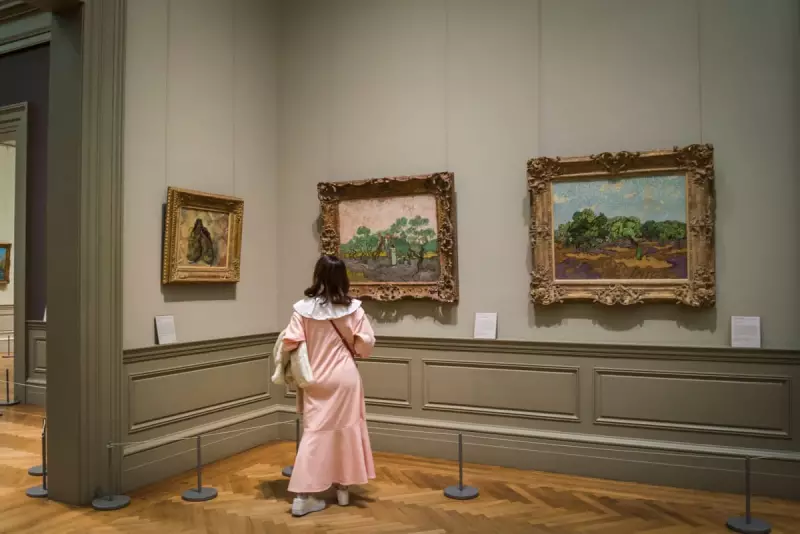
The Metropolitan Museum of Art, one of New York's most prestigious cultural institutions, finds itself at the centre of a heated legal dispute over the provenance of a valuable Vincent van Gogh painting. A lawsuit filed in Manhattan federal court alleges that the 1888 masterpiece The Olive Pickers was unlawfully taken from its Jewish owners by Nazi forces in 1938.
A Painting with a Troubled Past
According to court documents, the artwork originally belonged to Hedwig Stern and her husband Robert von Hirsch, prominent German Jewish art collectors. The plaintiffs, descendants of the original owners, claim the painting was sold under duress during the Nazi regime's systematic persecution of Jewish people and their property.
The legal filing states: "The sale was not voluntary and was the direct result of Nazi persecution. The Stern and von Hirsch families were forced to flee Germany, leaving behind their possessions and livelihoods."
Museum Defends Its Position
The Metropolitan Museum has vigorously defended its ownership of the painting, which it acquired in 1998. Museum representatives maintain they conducted thorough due diligence before the purchase and believe they hold legitimate title to the artwork.
In an official statement, the Met asserted: "We take issues of provenance with the utmost seriousness and have complete confidence in our lawful ownership of this work. Our acquisition process followed all established protocols and ethical guidelines."
Growing Pressure for Art Restitution
This case emerges amid increasing global efforts to address artworks looted during the Holocaust era. Numerous museums worldwide face similar claims as descendants of Jewish families seek to recover cultural property lost during one of history's darkest periods.
The Olive Pickers, created during Van Gogh's prolific period in Arles, France, represents not just significant financial value but also carries immense historical and emotional weight for the families involved.
What Happens Next?
The lawsuit demands the immediate return of the painting to the plaintiffs, who argue that the Met cannot claim to be a "good faith" purchaser given the well-documented history of Nazi art looting. Legal experts anticipate this case could set important precedents for similar restitution claims involving museum collections.
As the art world watches closely, this legal battle highlights the ongoing complexities of addressing historical injustices while raising crucial questions about museum ethics and the legacy of Nazi-era art theft.





